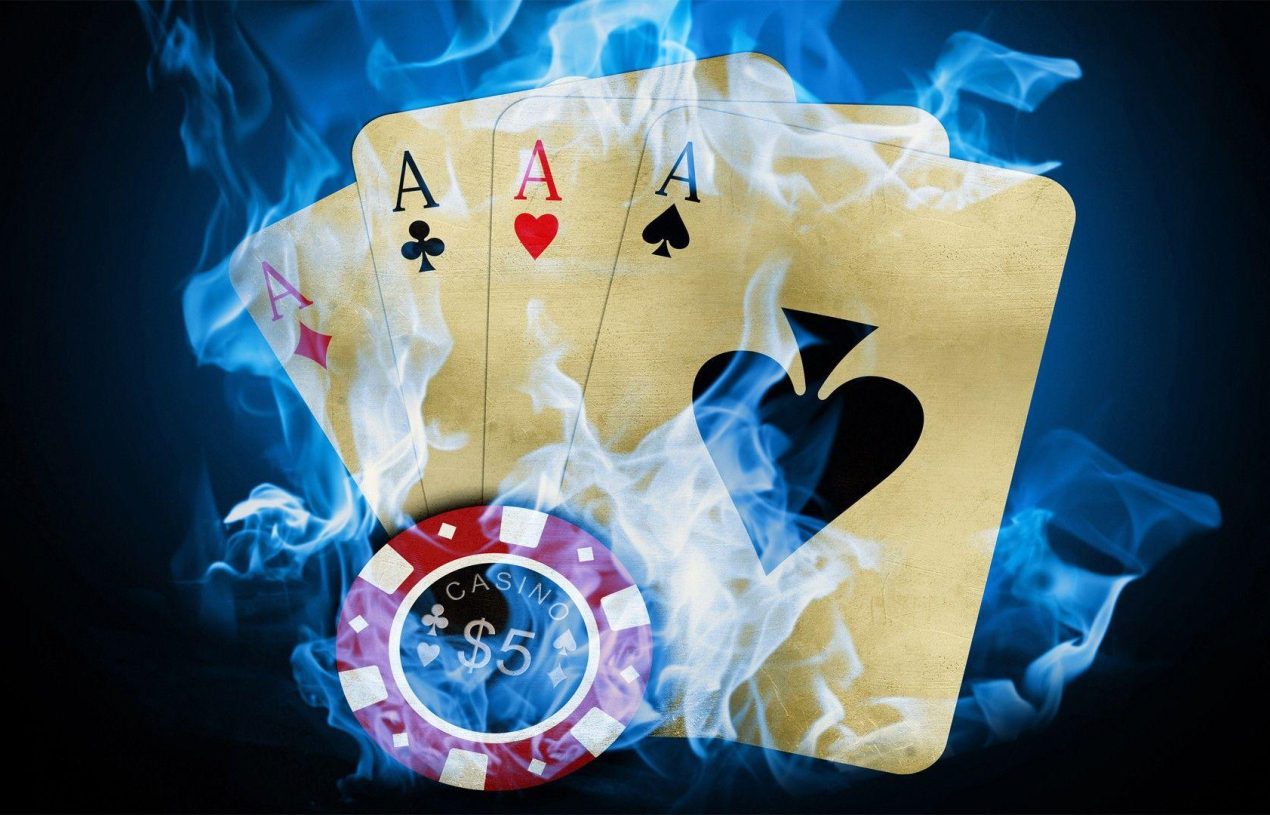The Gambler’s Dilemma: When to Hold, Fold, or Double Down
In the world of gambling, decisions can make or break your fortune. Every move you make at the table has consequences, and understanding when to hold, fold, or double down is essential for success.
When it comes to gambling, emotions often run high. The thrill of anticipation mixed with the fear of losing can cloud judgment and lead to impulsive decisions. But skilled gamblers know that calculating risk is key.
One common dilemma faced by players is whether to hold onto their current hand or fold. Holding suggests confidence in one’s cards and potential winnings. Folding indicates a lack of faith in one’s hand – admitting defeat before even giving it a chance.
Knowing when to fold requires evaluating several factors: the value of your hand compared to others at the table, your position in the game, and your read on opponents’ strategies. Sometimes folding early prevents further loss; other times it saves valuable resources for future hands.
On the other hand (pun intended), holding can pay off big time if luck swings in favor. It kiss918 takes nerves of steel and a deep understanding of probabilities to confidently keep playing despite unfavorable odds – but sometimes that boldness pays dividends.
Then there’s doubling down – an aggressive move that involves doubling your bet after seeing your initial cards but receiving only one more card afterward. This strategic play should be reserved for moments when favorable circumstances align: strong starting cards combined with a weak dealer showing card.
Doubling down increases potential winnings exponentially but also amplifies losses if luck isn’t on your side. Savvy gamblers weigh risk against reward before making this daring move – knowing they could walk away with double their initial bet or leave empty-handed.
So how do you navigate this tricky terrain? One strategy lies in analyzing patterns and understanding how others are playing their hands. Observing opponents’ reactions can provide valuable insights into their confidence levels, giving you an edge in decision making.
In addition, being self-aware and recognizing your own emotional state is crucial. It’s easy to get carried away and blindly follow instinct rather than strategy. Stay calm, composed, and focused on both the short-term outcome and long-term goals.
Lastly, trust your gut — that intuition honed by experience and practice. Combining knowledge of the game with instinct can often lead to making winning decisions when faced with the gambler’s dilemma.
Whether you’re a seasoned pro or just dipping your toe into gambling waters, knowing when to hold, fold, or double down is a vital skill. By evaluating risks objectively, using strategic thinking alongside intuition, and understanding probabilities – you’ll tip the odds in your favor and turn the gamble into a calculated venture. So hone your skills at the table because when it comes to gambling wisdom: fortune favors those who play their cards right!

